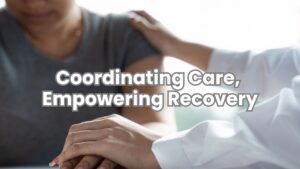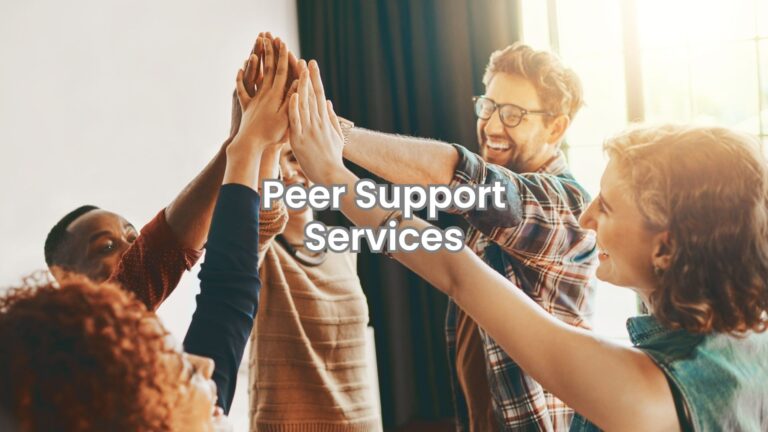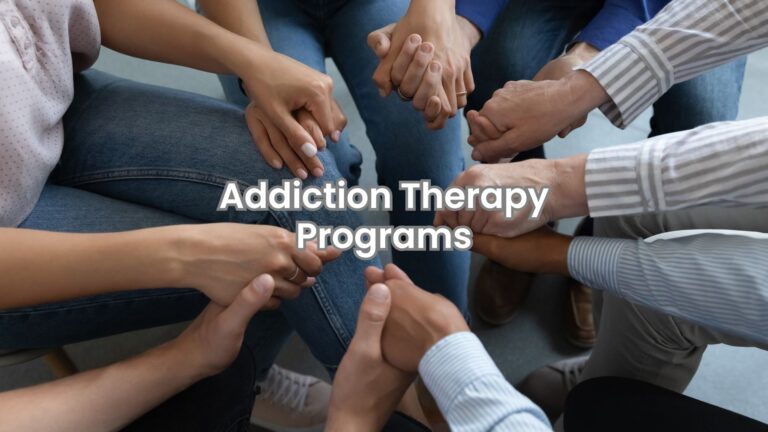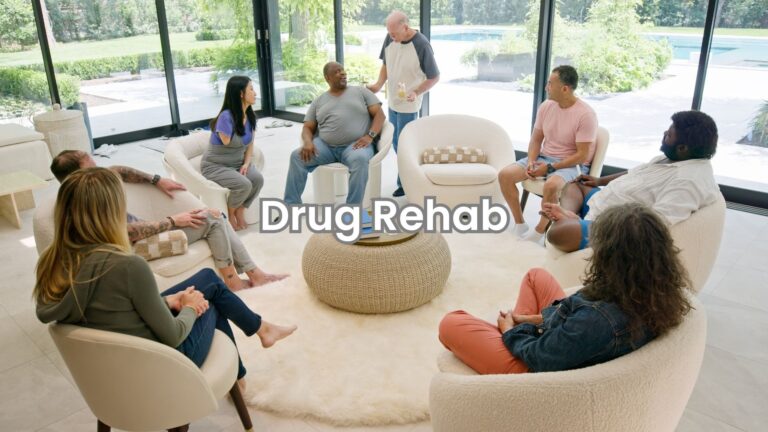When Recovery Feels Overwhelming, Case Management Can Be Your Lifeline
Trying to navigate mental health or addiction recovery can feel like walking through a maze. Between appointments, insurance, referrals, and finding the right services, it’s easy to feel stuck or burned out before you even begin. You know you or your loved one needs help, but piecing it all together feels like a full-time job.
That’s where case management services come in.
More than just coordination, case management is about advocacy. It’s about having someone in your corner who understands the system, knows the resources, and makes sure you don’t fall through the cracks. Whether you’re stepping down from inpatient care or just starting outpatient treatment, a case manager helps connect the dots so you can focus on healing instead of logistics.
In this article, we’ll break down what case management really means, how it supports long-term recovery, and how Ridgeline Recovery in Columbus uses it to create smoother, more successful healing journeys.
Case management services are specialized support systems designed to help individuals navigate the often complicated world of healthcare, mental health, and recovery services. Rather than facing endless appointments, paperwork, and confusing treatment plans alone, you have someone by your side making connections, coordinating care, and keeping you moving forward.
At its core, case management is about connection. It’s making sure you’re not just placed into treatment, but fully supported throughout your journey, from your first intake to long after you leave a program.
As one study from the National Center for Biotechnology Information explains, “Case management is a collaborative process of assessment, planning, facilitation, care coordination, evaluation, and advocacy for options and services to meet an individual’s and family’s comprehensive health needs.” Case managers don’t just organize care, they advocate for you, problem-solve alongside you, and ensure every piece of your recovery fits together.
These services are especially critical for individuals with complex needs, whether that means mental health challenges, substance use disorders, or dual diagnoses. A good case manager not only keeps your treatment moving but helps you build confidence, independence, and stability over time.
Rather than replacing therapy or treatment, case management works alongside your care plan to keep things moving. It’s the difference between juggling a dozen responsibilities on your own and having a roadmap (plus a guide) to help you stay on course.
Key Features of Case Management Services:
| Feature | What It Means for You |
| Care Coordination | Aligns your doctors, therapists, and services so you’re not repeating info or missing steps. |
| Goal Planning | Helps you set and reach real, personalized recovery goals—both short- and long-term. |
| Resource Navigation | Connects you to housing, financial aid, vocational support, or community programs. |
| Advocacy | Ensures your needs are heard and met within health systems or social services. |
| Continuity of Care | Keeps your recovery steady, even when life gets messy or transitions occur. |
At Ridgeline Recovery in Columbus, case management is more than just logistics—it’s a relationship built on trust, consistency, and real-life progress.
We understand that recovery doesn’t happen in isolation. It involves doctors, therapists, family, housing, transportation, and sometimes, a whole lot of paperwork. That’s why our case managers step in as steady, supportive guides, making sure all the moving parts of your recovery journey stay connected and manageable.
What sets Ridgeline apart is how personal and proactive our case management services are. You won’t just get a care plan printed on paper, you’ll have someone walking with you through each challenge, helping you make sense of the system, and making sure nothing slips through the cracks. Whether it’s coordinating appointments, helping with access to housing programs, or checking in between therapy sessions, we’re here to help you move forward.
Because when everything aligns—support, resources, and community—real progress becomes possible.
How Ridgeline’s Case Management Services Compare in Columbus
| Aspect | Ridgeline Recovery | Other Case Management Services |
| Approach | Holistic, recovery-oriented, and trauma-informed | Varies; often task-based or focused on immediate needs |
| Support | Ongoing, personalized guidance from a dedicated case manager | May involve rotating staff or limited check-ins |
| Coordination | Actively connects therapy, housing, job training, and healthcare | Coordination available but often client-led |
| Communication | Frequent, flexible contact (calls, meetings, follow-ups) | May follow a standard schedule; contact can be limited |
| Client Involvement | Highly collaborative plans are built with you, not for you | Often top-down planning with less client voice |
| Aftercare Planning | Includes long-term goals, community reintegration, and relapse prevention | May focus on immediate discharge and basic referrals |
| Emphasis on Empowerment | Strong focus on helping clients build skills and self-advocacy | May focus more on accessing services than skill-building |
Ridgeline Recovery doesn’t just manage cases, we support people. Through our integrated, client-centered approach, we help individuals not only navigate recovery but take ownership of it.
Ready for Reliable Support?
If you or someone you love needs more than just referrals and if you’re looking for real support, coordination, and a team that walks with you, Ridgeline Recovery is here.
Our case management services are designed to help you move forward with confidence, clarity, and care. Whether you’re starting recovery, rebuilding life after treatment, or navigating mental health challenges, we’ll make sure no detail is overlooked and no step is taken alone.
👉 Visit Ridgeline Recovery to learn more
📞 Contact Us to speak with someone today
Let’s take that next step together.









